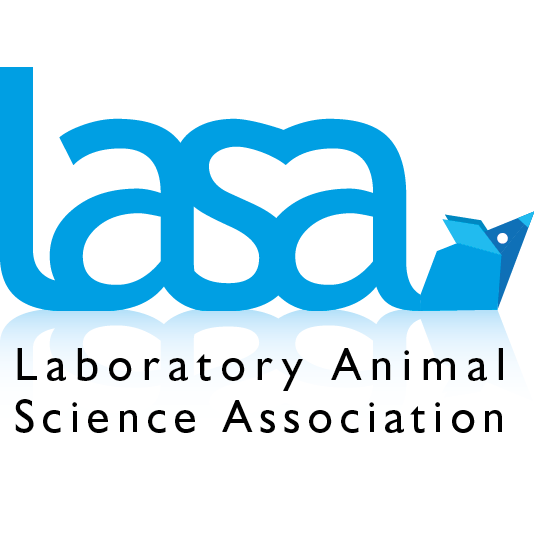LASA Virtual Annual Conference 2021
2021 proved to be an excellent online annual meeting, with 247 delegates in attendance over the 6 afternoons in November listening to presentations by 31 expert speakers. Delegates also had the opportunity to visit our Trade partners who had stands in the virtual...
ASRU Change Programme Documents
The Animals in Science Regulation Unit (ASRU) have shared with LASA documents relating to changes in their new operating model, which commenced this week. Please find the Change Programme documents below that have been circulated to date. ASRU are very keen to hear...
Felasa 2022
A congress is an arena for communication. The scientific committee has embraced the theme of this FELASA congress, ‘Communication’, and has designed four streams each with a different angle and direction of communicating. Communication is the act of conveying...
LASA STATEMENT ON UNDERCOVER VIDEO FOOTAGE AT A SPANISH CRO BY CRUELTY FREE INTERNATIONAL
Following the recent commentary in The Guardian (8th April 2021) many of you will have read the article and seen the undercover video footage taken at Vivotecnia, which was collated by Cruelty Free International. The video footage shows examples of inhumane treatment...
Being an effective lay member of an AWERB
The RSPCA has produced a useful infographic to assist lay members of AWERBs fulfill their role. It can be found here. Please share this with the Chair of your AWERB and lay members as appropriate.
AST2020
Dear Colleagues, We would like to thank you again for your patience and understanding throughout this very drawn out and lengthy process. We are now beginning the process of calculating the pro rata refunds to all those who registered to attend AST2020 or who...
The Forced Swim Test
LASA is pleased to announce the publication of a fact sheet on the Forced Swim Test (or Porsolt Swim Test). This has been jointly sponsored by LASA, Understanding Animal Research and the British Association for Psychopharmacology. You can find the fact sheet here or...
Recommendations for Health Management of ruminants and pigs
The Federation of European Laboratory Animal Science Associations have published recommendations of best practices for the health management of ruminants and pigs used for scientific and educational purposes. These can be found here.
Document designed to aid AWERB review of lessons learnt from the COVID19 experience
The COVID19 crisis resulted in many establishments having to rapidly curtail, stop work, or drastically alter their working practices. It will be beneficial that the AWERB reviews the processes that were in place during the crisis, and their outcomes, not only in the...
Considerations for restarting animal facility operations after Covid-19 lockdown
Professionals from the UK's laboratory animal community have produced advice to help staff working under the Animals (Scientific Procedures) Act 1986 (ASPA) with their plans for a return to a more normal level of work after the easing of the COVID-19 lockdown...
